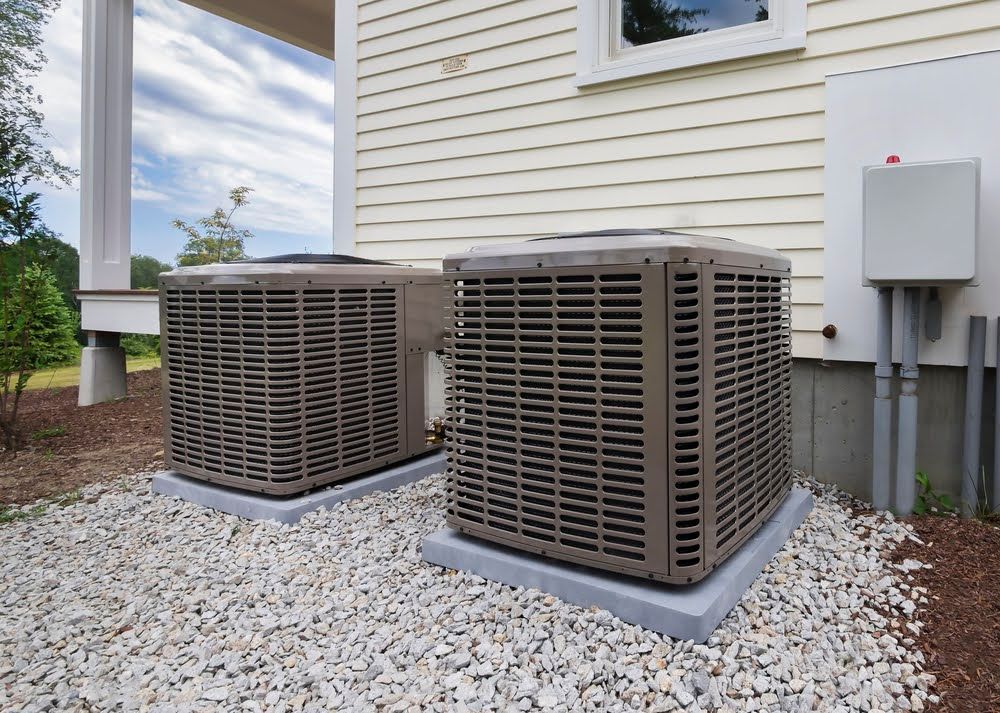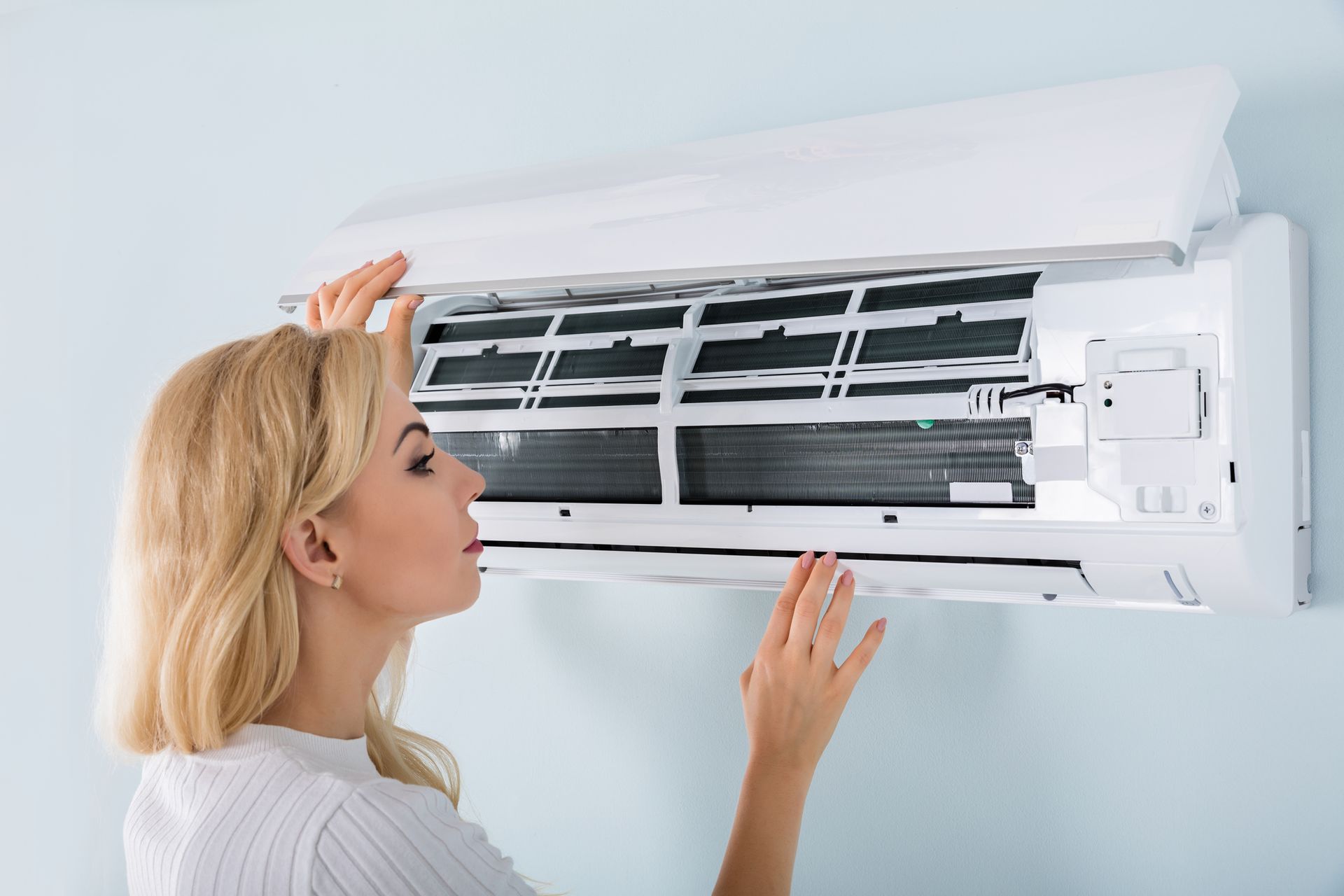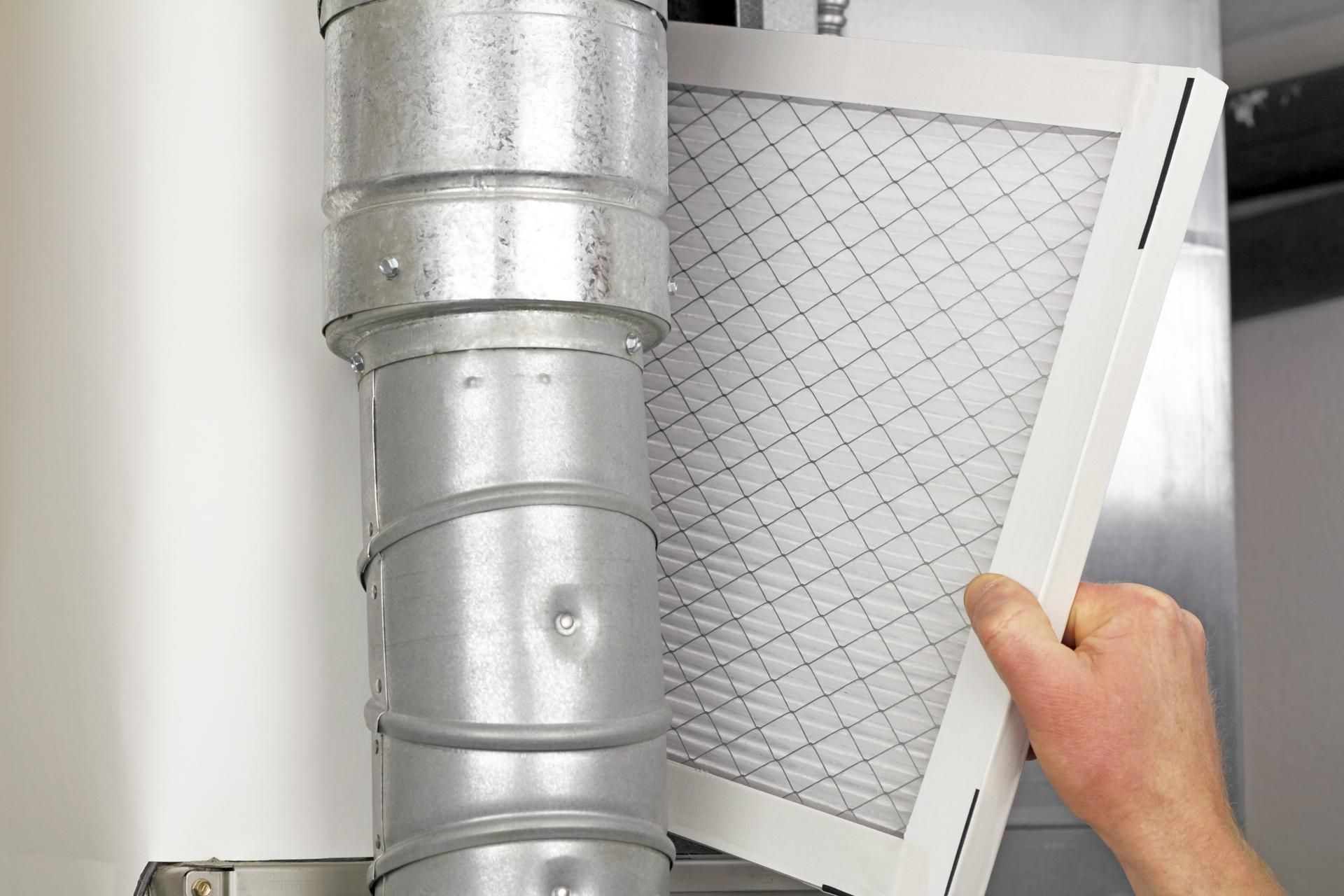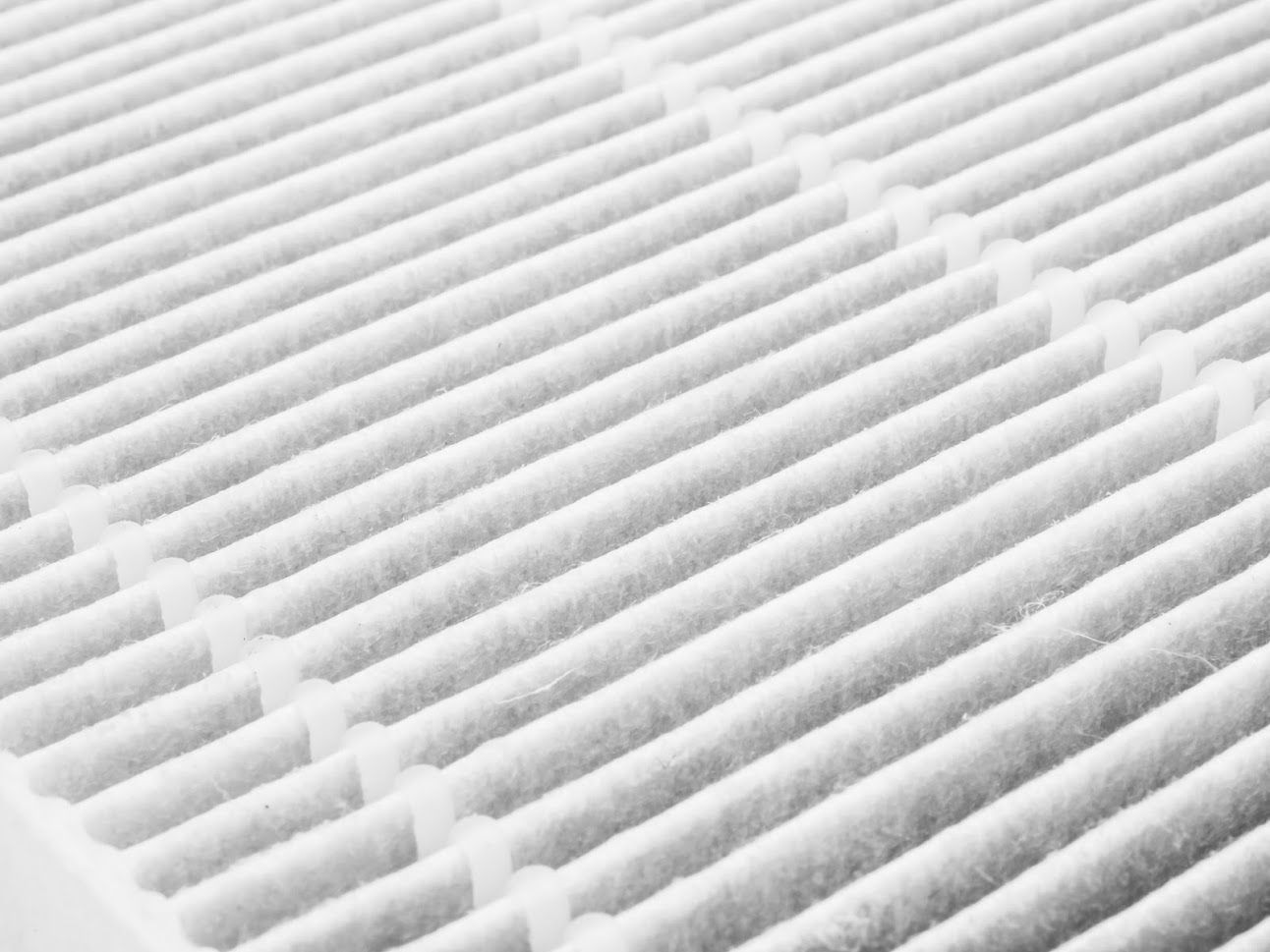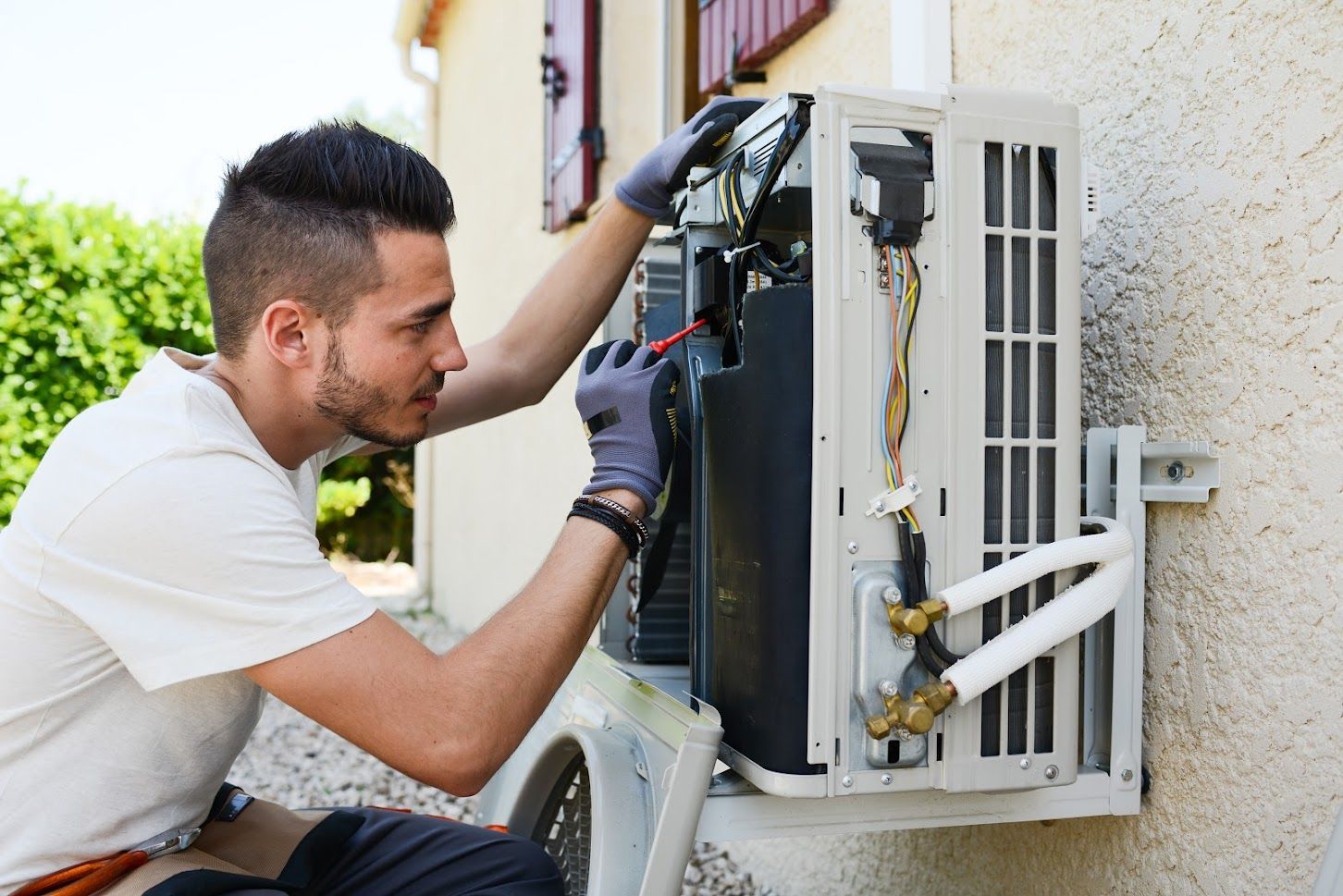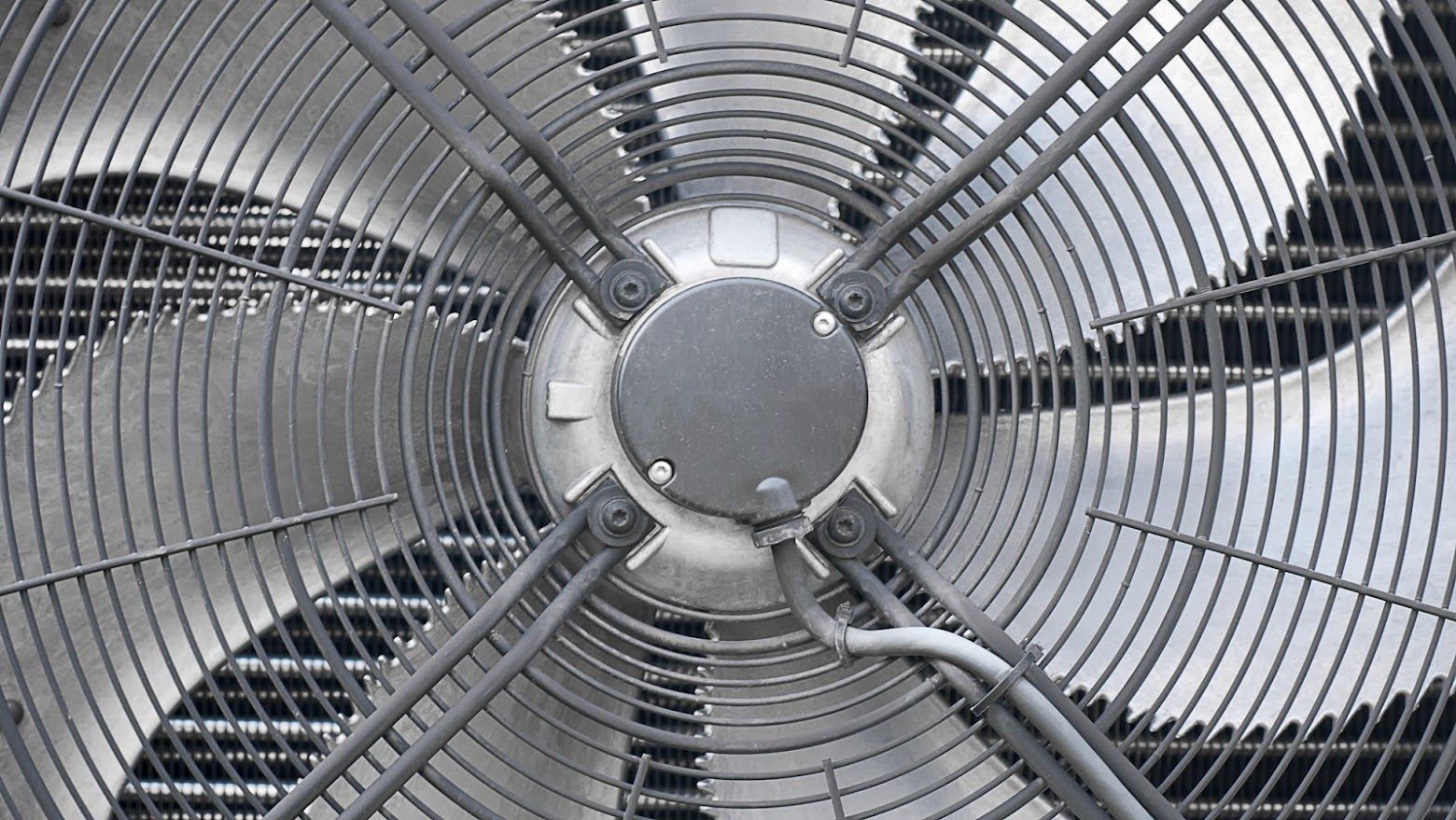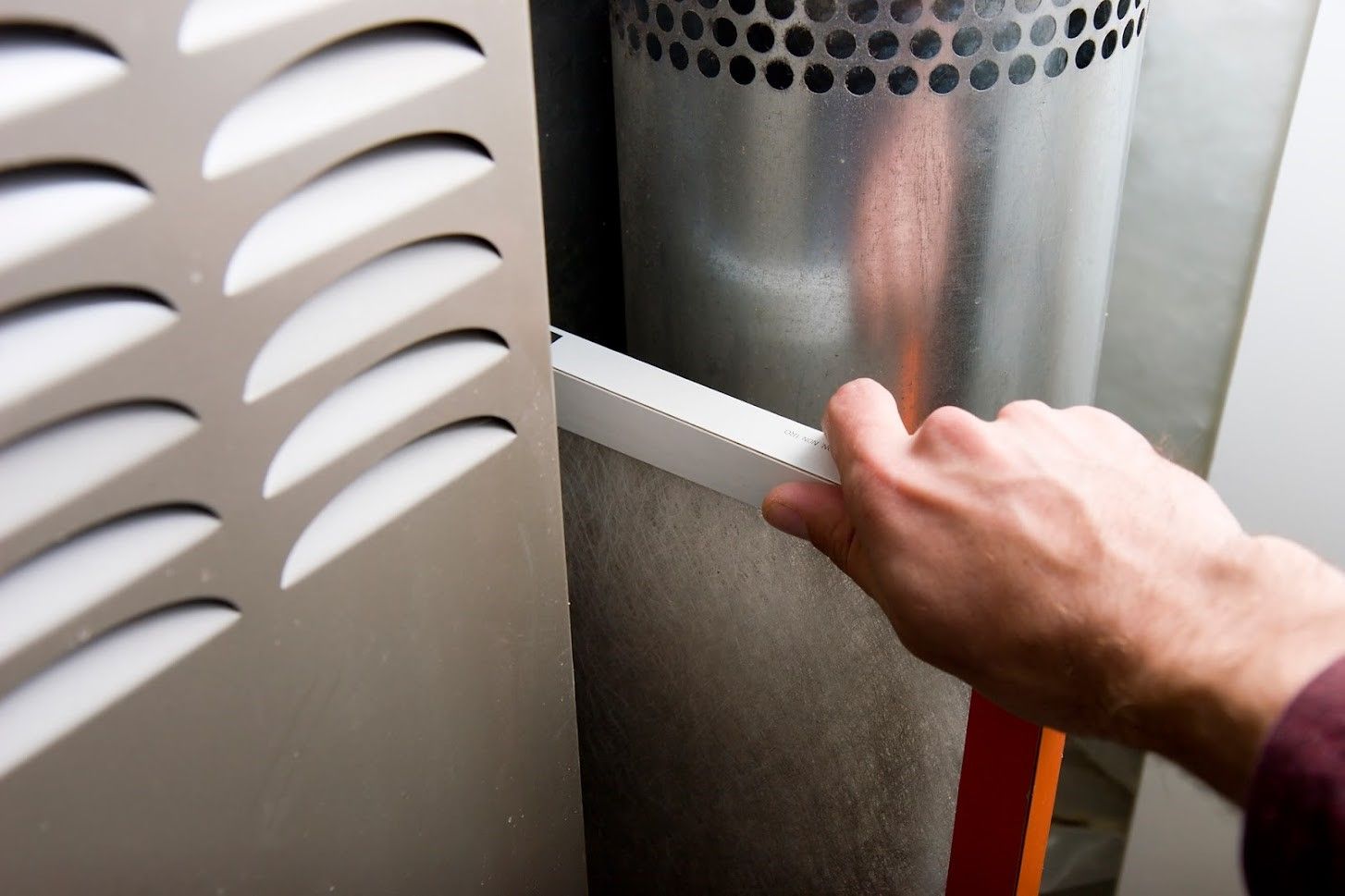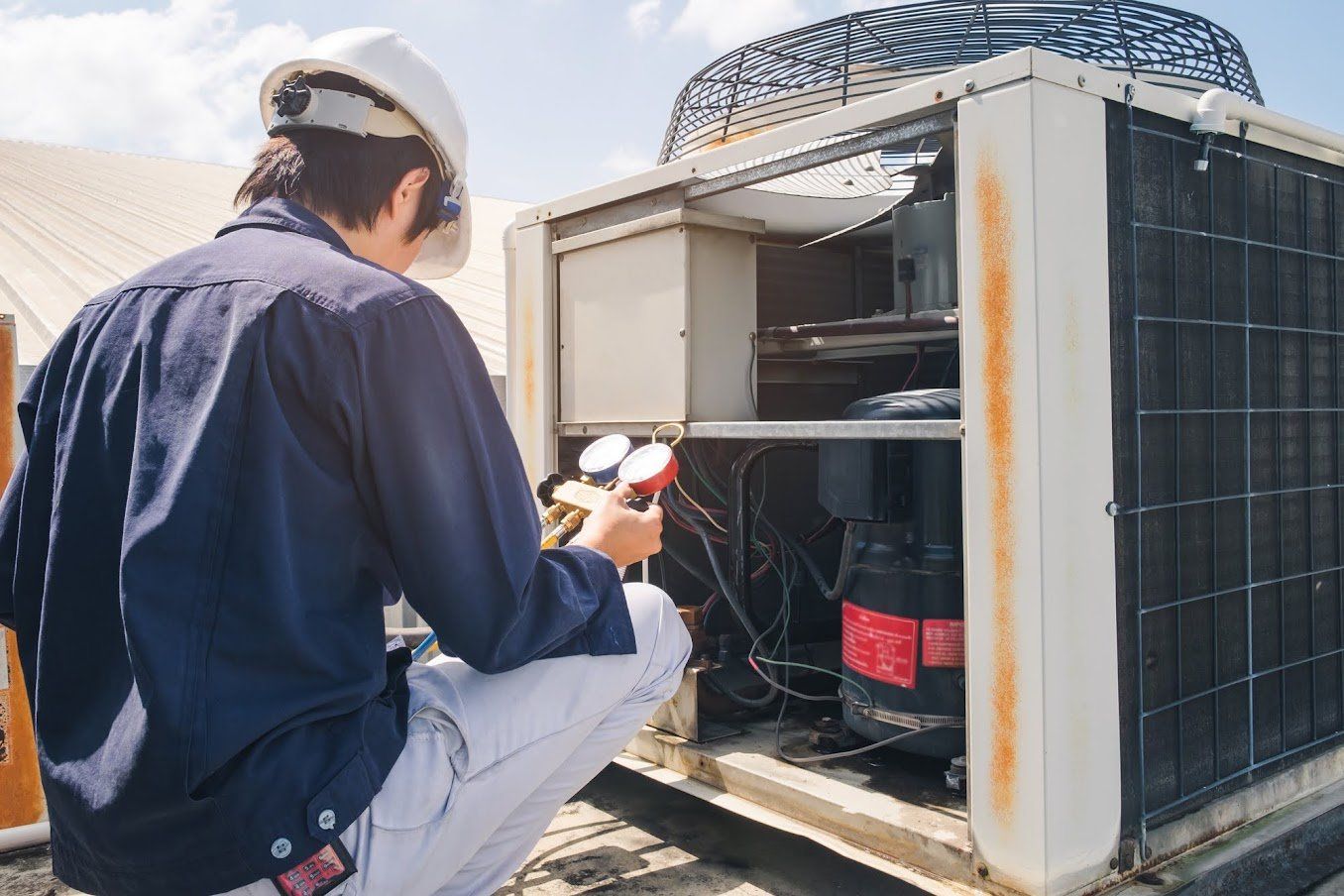The Why’s, What’s, and How’s of an End-of-Season AC Installation
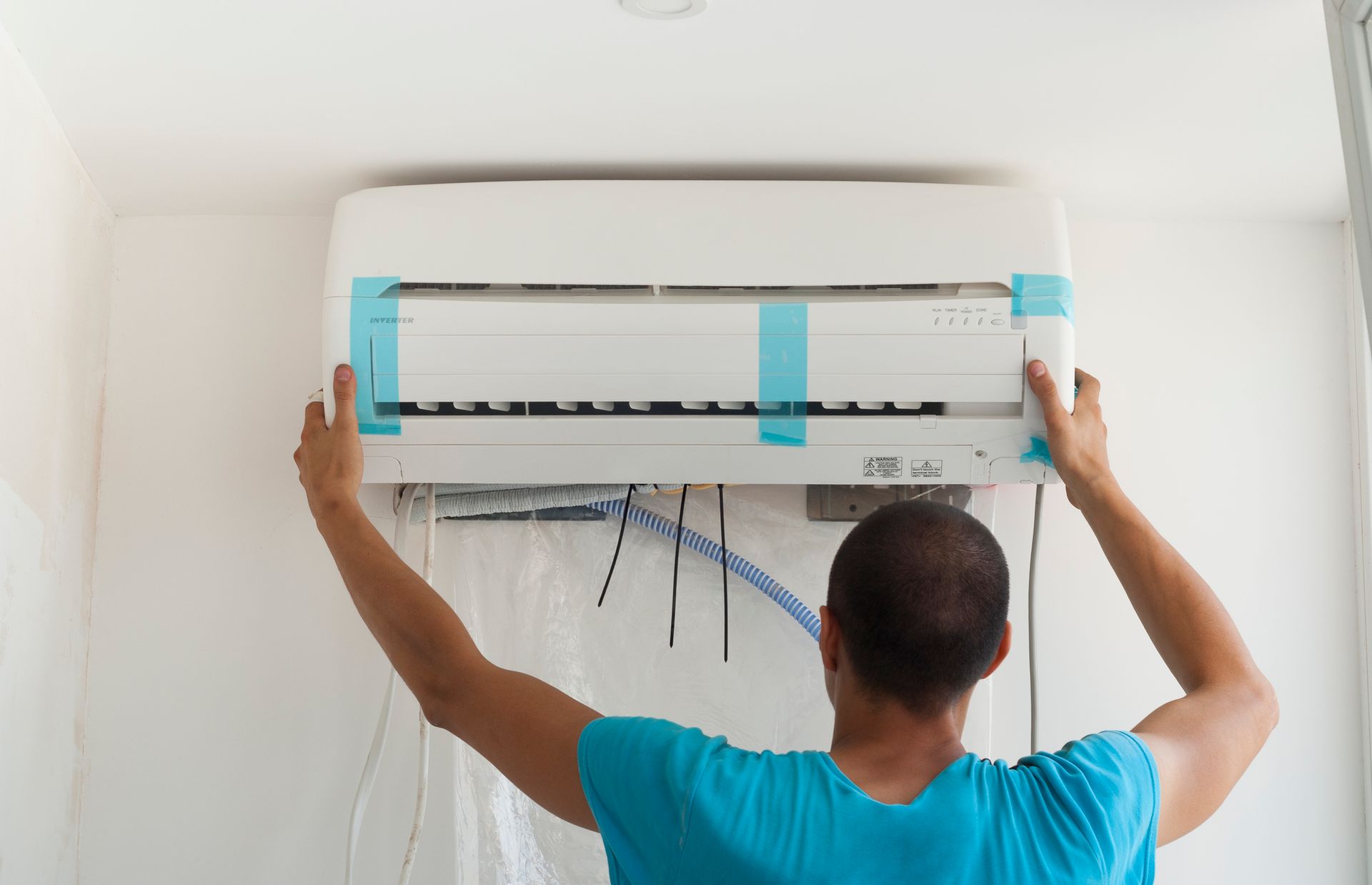
Do you need a new AC system? The peak of the summer-time heat is almost over—and your air conditioner isn't doing its job. Even though you could wait until next summer to invest in a new system, take a look at the why's, what's, and how's of an end-of-season AC installation service.
Why Choose an End-Of-Summer AC Installation?
There isn't one answer to this question. You've used your air conditioner all summer long. But this doesn't mean the system will last until the heat ends or start again easily next year. Consider an end-of-summer AC installation service if:
- Your system is old. According to the International Association of Certified Home Inspectors (InterNACHI), a central AC system's average life expectancy ranges from 7 to 15 years.
- Your system doesn't cool effectively. Do you have warm spots inside of your home? Does the interior environment feel hot and humid? If the system doesn't cool or doesn't cool well, replace it before you spend the rest of the season sweating.
- Your system doesn't cool efficiently. Central cooling is expensive. An inefficient system could cost significantly more than you expect to pay. The U.S. Department of Energy notes that a new system could save you 20 to 40 percent on cooling costs.
- Your system suddenly stopped. Some breakdowns are easy fixes, while others signal the end of your system's lifespan. If your system suddenly stops and the repair won't solve the problem permanently, you will need a new air conditioner.
Along with these reasons, you may find a better deal during the end-of-season time. There are less shoppers looking for air conditioners and some manufacturers may lower prices to sell leftover summer stock.
What AC System Should You Install?
Do you need to replace your existing air conditioner with the same model or even the same type of system? The answer depends on a few factors. These include:
- The system setup. Does your home have air ducts and vents? If not, a central system isn't the ideal replacement. Instead, you may want to consider a mini-split ductless option.
- The size. Bigger is not better. A larger than necessary AC system won't cool your home faster or more efficiently than the current one. It may cycle on and off, never reaching the desired temperature and costing you extra in electricity bills.
- The warranty. Before you buy a new AC system, ask the contractor about the manufacturer's warranty. A system with a barely-there warranty or a warranty that only lasts for a few months could cost you unnecessarily in the future.
Talk to a qualified HVAC contractor about your options. The professional can help you to learn more about AC systems, your home's cooling needs, and the price you pay for the initial investment versus what you might pay over time to use the air conditioner.
How Should You Install a New AC System?
An end-of-summer installation, like any other AC service, is not a do-it-yourself job. A DIY air conditioner installation could lead to:
- Injuries. The electrical requirements of AC installation are too complex for a novice DIYer to try on their own. Failure to install the system correctly could create a shock or burn hazard.
- Poor efficiency. A low-quality DIY installation can reduce your new system's efficiency. While you might not notice the reduction right now, you will see an increase in usage costs next summer.
- Poor cooling. Like efficiency, this is something that you might not notice as the cooler weather moves in. But you could feel the heat next summer if the system isn't installed properly.
Not only could a DIY installation cause an injury or result in reduced efficiency and cooling power, it could invalidate a warranty. This makes it important to work with a licensed, reputable contractor that specializes in AC installations.
Are you ready to replace your Ac system? Contact STA SO COOL HVAC for more information.


